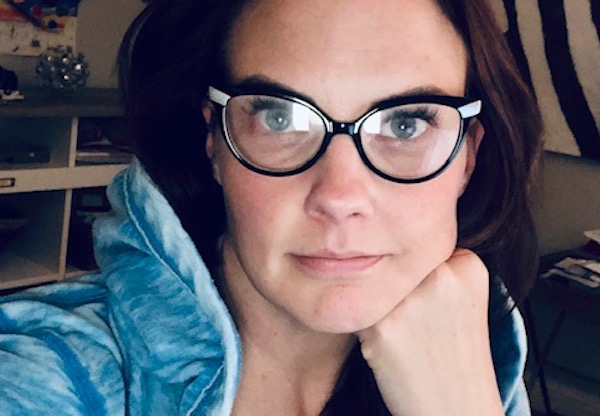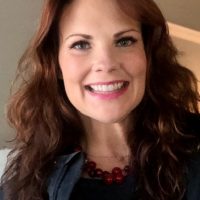I tried proving to myself that I wasn’t addicted to alcohol all the time.
I would quit for days and weeks at a time to make myself feel better about my drinking. I even quit for an entire month one time during a Whole-30 competition at my gym.
I would have these ever-changing illusive number of days in my head that I would keep score with from time to time.
If I can make it four days, certainly I don’t have a problem.
If I can make it a whole week—that’s including a Friday and Saturday—I’m good, right?
If I can make it an entire month? 30 days? Forget it, addiction? What was I thinking…silly.
I did not drink with either of my pregnancies, but I think most of the women here can agree that that is different unless you are clinically dependent on alcohol. I did, however, bank that time as proof in the back of my mind that I was not addicted.
I understand now that there is a big difference between not drinking for a certain number of days and being able to stop drinking. I could white-knuckle those days and weeks knowing there was going to be a reward at the end for my good behavior. I could stay strong and not drink that entire month knowing full well after I weighed in the last day I was heading straight to the bar to celebrate my accomplishment!
In each of these fasting periods I remember I was still thinking about drinking 24/7. I was fully aware that I was depriving myself of what I really wanted. In all of these contests of will power there was sacrifice followed by reward.
Looking back, I realize those “dry” periods didn’t prove anything, except maybe that I wouldn’t die. Maybe it proved that I wasn’t clinically addicted and that my cells could still function without alcohol. That’s about it.
Contrary to popular belief, the vast majority of people addicted to alcohol are not, in fact, clinically addicted.
According to the CDC, only 10 percent of heavy drinkers are clinically (aka chemically) addicted and only one percent of those people could actually die if they did not continue to drink alcohol. Whereas with the other 90 percent, the alcohol addiction certainly involves some physical aspects, but it is much more of an emotional and psychological addiction.
I believed I needed alcohol.
Toward the end, I believed I needed it to enjoy anything. I believed alcohol provided relief for my anxiety and I believed it made a party, a party. I believed it made me more fun and interesting. I believed I couldn’t be happy without drinking.
Today, I do not need alcohol in any way, shape, or form. I am living proof now and so incredibly proud to be sober.
~


 Share on bsky
Share on bsky





Read 5 comments and reply